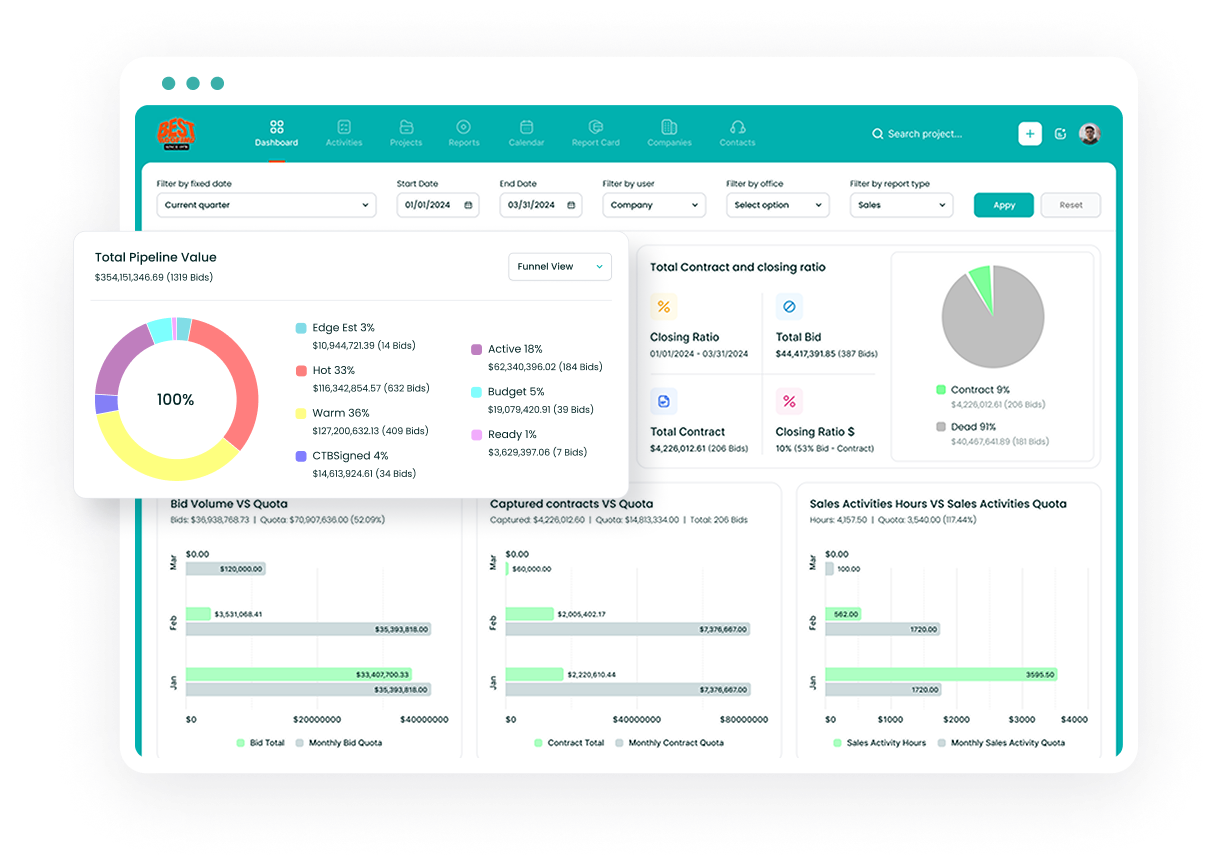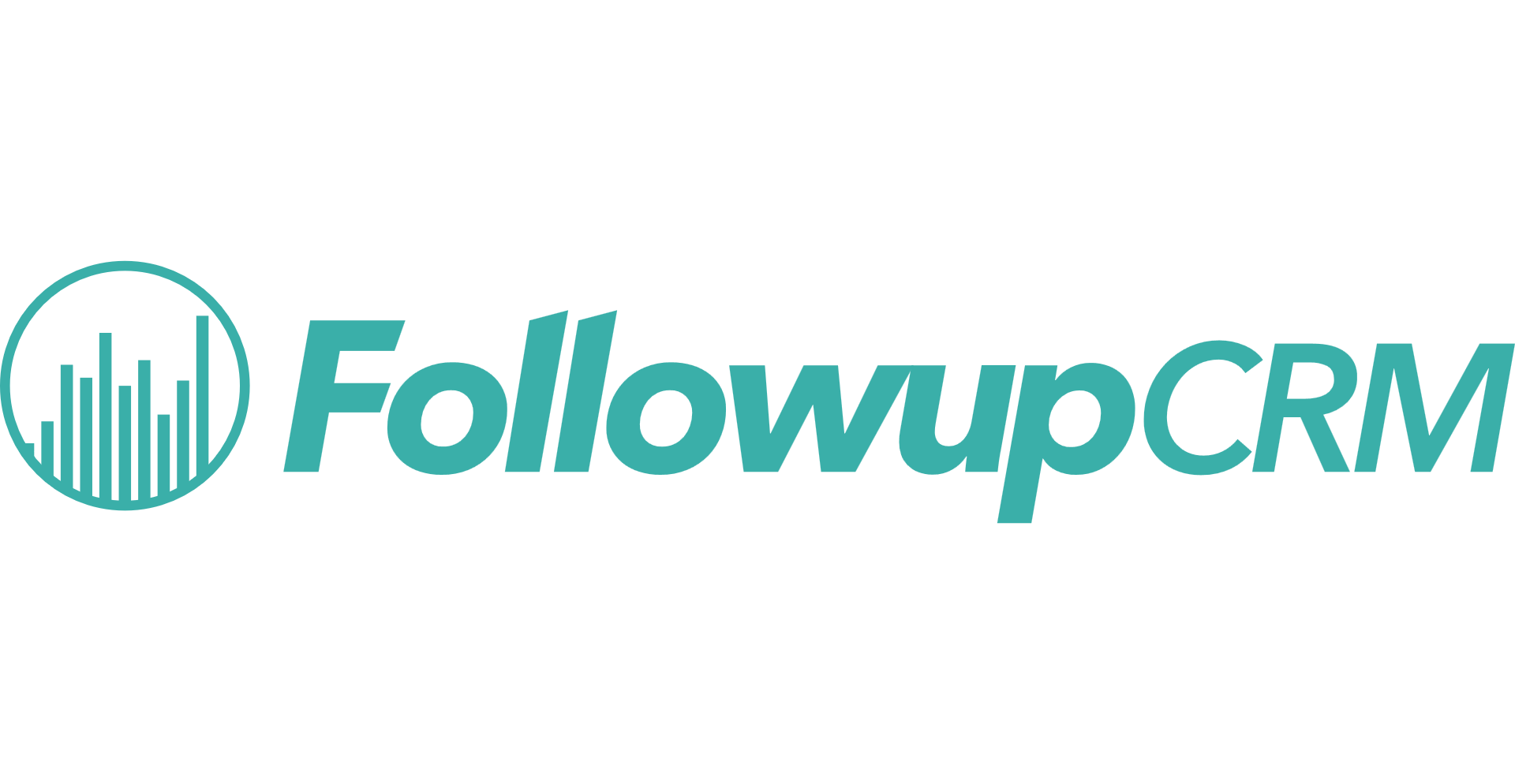Projectmates vs Procore
The construction industry demands robust project management solutions that can handle complex workflows, multiple stakeholders, and extensive documentation. Projectmates and Procore are two leading construction project management software solutions used by contractors, project managers, and construction firms. While both offer robust features for managing construction projects, they have some key differences in their capabilities, pricing models, and target users. This comprehensive comparison will examine how Projectmates and Procore stack up across various factors to help you determine which may be a better fit for your needs.
Understanding the Companies Behind the Software
Systemates, Inc., the company behind Projectmates, emerged in 1995 with a vision to streamline construction project management. Starting as a collaboration between architects and software engineers, they developed what would become Projectmates, officially launching it in 2000. Their Richardson, Texas headquarters continues to drive innovation in construction technology.
Procore's journey began in 2002, and the company has experienced remarkable growth, culminating in its successful IPO in 2021. Their singular focus on construction software has allowed them to develop deep expertise in the field, resulting in continuous platform improvements and feature additions.
The commitment to construction technology innovation remains evident in both companies' development approaches. While Projectmates maintains a steady pace of updates focused on owner-centric features, Procore aggressively expands its platform capabilities through both internal development and strategic partnerships.
Essential Features and Capabilities
Construction management software must address numerous complex requirements, and both platforms offer comprehensive solutions. The fundamental difference lies in their approach to feature implementation and specialized focus areas.
Projectmates excels in program management, offering sophisticated tools for cost tracking and change management. Their workflow management system adapts well to various construction scenarios, while their reporting capabilities provide detailed insights into project progress and financial status.
Procore takes a broader approach, incorporating advanced features for quality control, safety management, and field productivity. Their platform includes sophisticated design coordination tools and extensive bidding capabilities, making it particularly attractive for larger construction firms managing multiple complex projects.
User Experience and Interface Design
The user interface represents a crucial aspect of construction management software, as it directly impacts daily productivity and user adoption rates.
Projectmates provides a functional interface that prioritizes efficiency over aesthetics. Recent updates have improved the overall user experience, though some users note that certain features require additional clicks compared to newer platforms. The mobile application offers essential functionality but maintains a more traditional approach to navigation and data entry.
Procore's modern interface design reflects contemporary software standards, with intuitive navigation and clear visual hierarchies. The platform successfully balances feature richness with accessibility, though new users might need time to familiarize themselves with the extensive toolset. Their mobile application receives particular praise for its comprehensive functionality and offline capabilities.
Pricing Models and Value Proposition
Understanding the financial commitment required for each platform helps organizations make informed decisions about their software investments.
Projectmates employs a modular pricing structure where organizations can select specific features based on their needs. This approach allows for more customized solutions but can result in higher costs as additional modules are added. The base pricing typically starts around $2,000, though final costs vary significantly based on selected features and organization size.
Procore's pricing model correlates with project volume, starting at $667 monthly for basic project management features. Organizations requiring both project management and financial tools can expect starting costs around $811 per month. While considered a premium option in the market, Procore's extensive feature set and integration capabilities often justify the investment for larger organizations.
Mobile Capabilities and Field Operations
Modern construction management requires robust mobile solutions that enable real-time communication and data access from job sites.
Projectmates offers mobile applications for both iOS and Android platforms, focusing on essential field operations. Users can access critical project information, submit field reports, and participate in discussion forums. Push notifications keep team members informed of important updates, while markup and annotation tools facilitate on-site documentation.
Procore's mobile platform stands out with its comprehensive feature set and offline functionality. Users can access nearly all desktop features through the mobile interface, including detailed drawing reviews, RFI management, and submittal processing. The application automatically synchronizes data when internet connectivity becomes available, ensuring seamless operation in various field conditions.
Integration Ecosystem and Third-party Compatibility
A robust integration ecosystem significantly enhances the value of construction management software by connecting various business tools and processes.
Projectmates maintains strategic integrations with key accounting and estimating software, focusing on essential business functions. Their integration approach prioritizes stability and reliability over quantity, ensuring that connected systems work consistently and predictably.
Procore's extensive marketplace features over 300 integrations, spanning various construction-related tools and services. This comprehensive ecosystem includes connections to accounting software, drones, IoT devices, and specialized construction tools, providing organizations with numerous options for expanding platform capabilities.
Customer Support and Training Resources
The complexity of construction management software necessitates comprehensive support and training resources to ensure successful implementation and ongoing usage.
Projectmates maintains a dedicated support team accessible through phone and email channels. Their online resources include detailed documentation and training materials, helping organizations maximize platform utilization. Support staff demonstrate strong knowledge of construction processes, enabling them to provide context-specific assistance.
Procore's support infrastructure includes 24/7 assistance through multiple channels, complemented by extensive online training resources and an active user community. Regular webinars and training sessions help organizations stay current with new features and best practices, while the user community facilitates knowledge sharing among professionals.
Future Development and Industry Trends
Both platforms continue to evolve, incorporating new technologies and responding to changing industry needs.
Projectmates focuses on enhancing core project management capabilities while maintaining strong support for owner-centric features. Their development roadmap emphasizes improved workflow automation and enhanced reporting capabilities, reflecting their understanding of owner priorities.
Procore actively pursues integration of emerging technologies, including artificial intelligence and machine learning capabilities. Their development strategy includes expanding platform capabilities while maintaining user-friendly interfaces, positioning the software for future industry requirements.
Security and Data Protection Implementation
Data security remains a critical concern in construction project management, particularly when handling sensitive project information and financial data. Projectmates implements multiple layers of security protocols, including role-based access controls and encrypted data transmission. Their system maintains detailed audit trails of all user activities, providing transparency and accountability throughout the project lifecycle.
Procore emphasizes enterprise-grade security measures with regular third-party audits and compliance certifications. Their platform incorporates advanced authentication methods and provides granular permission settings that allow organizations to control data access precisely. The system automatically creates secure backups and maintains data redundancy across multiple secure locations.
Performance Optimization and Scalability
Construction projects of varying sizes require different levels of software performance and scalability. Projectmates demonstrates reliable performance for mid-sized to large projects, with their servers optimized for consistent operation during peak usage periods. The platform handles concurrent users efficiently, though some users note occasional slowdowns when processing large document sets.
Procore's infrastructure scales dynamically to accommodate projects of any size, from small renovations to massive developments. Their cloud-based architecture ensures consistent performance regardless of user count or data volume. The platform maintains responsiveness even when managing extensive document libraries and complex workflows.
Document Control and Version Management
Construction document management presents unique challenges in maintaining accuracy and accessibility across multiple project stakeholders. Both Projectmates and Procore have developed sophisticated systems to address these critical needs, ensuring that teams can collaborate effectively while maintaining document integrity throughout the project lifecycle.
Projectmates offers these essential document control features:
- Collaborative drawing and design editing environment
- Version control tracking for all project files
- Drag-and-drop file upload functionality
- Built-in markup and annotation tools
- Push notifications for document updates
- Customizable file organization system
Procore's document management capabilities include these advanced features:
- Automatic revision control system
- Machine learning-assisted metadata capture
- Unlimited storage space at no additional cost
- Built-in DWG file viewer
- Sophisticated check-in and check-out functionality
- Secure document archiving with multiple server backups
- Granular permission settings based on document attributes
- Integration with Microsoft Office 365
Reporting and Analytics Capabilities
Modern construction management demands sophisticated reporting tools for informed decision-making. Projectmates offers customizable reporting templates that cover various project aspects, from financial summaries to progress tracking. Their analytics dashboard presents key performance indicators in visual formats, helping managers identify trends and potential issues early.
Procore's reporting system includes advanced data visualization tools and real-time analytics capabilities. Users can generate detailed reports on project metrics, resource utilization, and financial performance. The platform allows for automated report scheduling and distribution, ensuring stakeholders receive regular updates without manual intervention.
Both platforms continue to enhance their reporting capabilities through artificial intelligence and machine learning technologies. These advancements help identify patterns and anomalies in project data, enabling proactive problem-solving and risk management.
Selecting the Right Construction Management Software
Choosing between Projectmates and Procore requires careful evaluation of organizational needs and resources. Construction professionals should consider their specific workflow requirements, team size, and technological expertise when selecting a platform. The ideal solution aligns with current processes while providing room for growth and adaptation to future needs.
Understanding the total cost of ownership, including implementation, training, and ongoing maintenance, helps organizations make informed decisions. Each platform offers distinct advantages, and success often depends on proper implementation and user adoption strategies. Regular assessment of software utilization and team feedback ensures the chosen solution continues to meet evolving project management needs.
The construction industry continues to evolve with technological advancements, and both platforms demonstrate commitment to innovation and improvement. Organizations benefit from selecting a solution that not only addresses current challenges but also positions them for future growth and efficiency improvements.
Sources: [1] https://www.procore.com/pricing [2] https://www.softwareadvice.com/project-management/procore-profile/vs/projectmates/ [3] https://www.softwaresuggest.com/compare/procore-construction-vs-projectmates [4] https://project-management.com/projectmates-software-review/ [5] https://constructioncoverage.com/construction-project-management-software [6] https://www.selecthub.com/p/construction-management-software/projectmates/ [7] https://www.techrepublic.com/article/procore-review/
The CRM Built For Construction Companies
No more disorganized data. Track your leads, bids, and customers all in one place.
Seamless Integration with:
✅ Foundation ✅ Viewpoint ✅ Sage and more

Request a Live Demo Now
Learn more about how Followup CRM can help your construction company grow.







